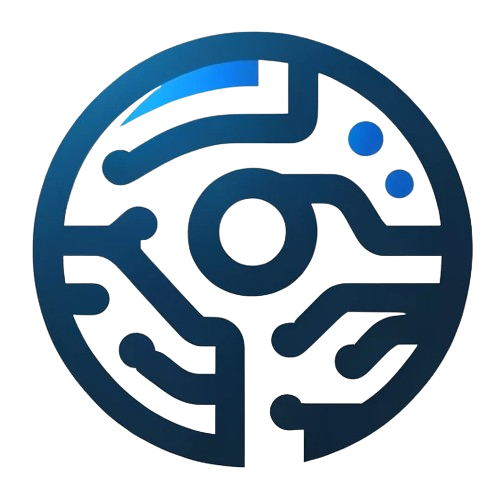Artificial Intelligence (AI) stands at the forefront of technological evolution, heralding a future replete with innovation and transformation. As we peer into the horizon, the future of AI appears both exhilarating and enigmatic, promising to redefine industries, societal norms, and human existence. This detailed exploration delves into the anticipated advancements in AI, the emerging trends, and the potential implications for the future.
Advanced AI Capabilities and Technologies
1. General AI and Beyond
- Projection: Moving from narrow AI to General AI (AGI), where machines exhibit human-like intelligence across diverse tasks and environments.
- Implications: AGI could lead to unprecedented levels of automation and new forms of human-machine collaboration.
2. Quantum AI
- Projection: Integration of AI with quantum computing will enhance computational power, enabling more complex problem-solving and data analysis.
- Implications: Quantum AI could revolutionize fields like cryptography, complex modeling, and materials science.
Transformative AI Applications
1. Healthcare Revolution
- Projection: AI will enable personalized medicine, advanced diagnostics, and robotic surgeries, significantly improving patient outcomes and healthcare efficiency.
- Implications: This could lead to longer life spans, reduced healthcare costs, and more accessible medical services worldwide.
2. Autonomous Systems
- Projection: The development of fully autonomous vehicles, drones, and machinery will advance, impacting transportation, agriculture, and manufacturing.
- Implications: This shift promises safer, more efficient, and environmentally friendly solutions to current logistical and operational challenges.
3. AI in Environmental Sustainability
- Projection: AI will play a crucial role in combating climate change by optimizing resource use, reducing waste, and enhancing renewable energy production.
- Implications: AI-driven solutions could be pivotal in achieving global sustainability goals.
AI and Society: Ethical, Legal, and Social Considerations
1. Ethical AI
- Projection: As AI becomes more integrated into society, the demand for ethical frameworks and AI governance will grow.
- Implications: Addressing AI ethics proactively is crucial to prevent biases, ensure privacy, and promote fair use of AI technologies.
2. Workforce Transformation
- Projection: AI will both displace traditional jobs and create new categories of employment, necessitating significant shifts in workforce development and education.
- Implications: Societies will need to adapt to these changes through education reform, re-skilling, and policy adjustments to ensure workforce resilience.
3. Global AI Governance
- Projection: International collaboration on AI standards, regulations, and policies will become increasingly important to manage the global impact of AI.
- Implications: Effective global governance can facilitate the equitable and responsible development and use of AI technologies.
The Technological Singularity and Beyond
The concept of the technological singularity, a point where AI surpasses human intelligence, remains a topic of intense debate and speculation. While some view it as an inevitable milestone, others caution about its potential risks and unknowns.
Conclusion
The future of AI is a tapestry of immense possibilities, challenges, and transformative potential. As we navigate this evolving landscape, the collective goal should be to steer AI development in a direction that maximizes benefits for humanity while mitigating risks and ensuring ethical and equitable outcomes.
